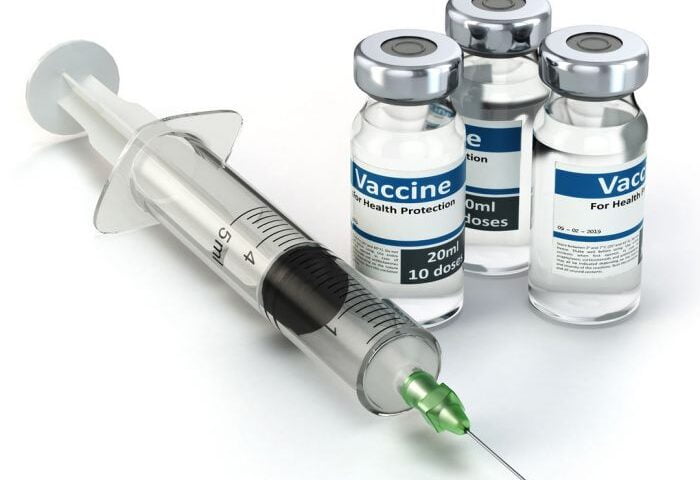Let’s Learn About Chicken Bursal Disease (Infectious Bursal Disease)*
It is a disease caused by a virus that mainly attacks chickens, ducks and turkeys. Chickens and ducks
Babies up to 12 weeks old are the most affected.
How the Disease Spreads
•The source of infection is water, food and farm equipment/tools contaminated with feces of
sick and infected chickens.
•Infections also spread through the air, through dust containing parasites in sheds.
Take Caution
Visitors, workers and vehicles can spread the disease from the farm
from farm to farm or from shed to shed.
This includes live chickens, farm equipment/tools and products.
products derived from poultry (eggs, meat, feathers and manure) transported from farms/sheds
sick
Symptoms
•White, watery discharge.
• Chickens bite each other in the anus, and this area becomes swollen.
•The chicken sleeps face down.
•Chickens are unable to walk and are shaking.
•Chicken mortality can reach up to 90 percent, and decreases with each passing day.
•There is no specific treatment.
•Chickens should be given vitamins and antibiotics and plenty of water.
•Antibiotics help with opportunistic infections.
•Get advice from a veterinary professional.
Prevention
•The sick should be separated from the healthy.
•Carcasses, droppings and other materials contaminated with sick chickens should be burned or buried.
• Establish a strict procedure for spraying appropriate pesticides.
•After you have finished selling all the chickens, clean the coops and spray them with pesticides.
Immunization/Vaccination
•Chickens and turkeys should be vaccinated at 14 days of age and again at 28 days of age.
The Gumboro vaccine is given only 2 times until the chicken is slaughtered or sold…………………………………………… …….




